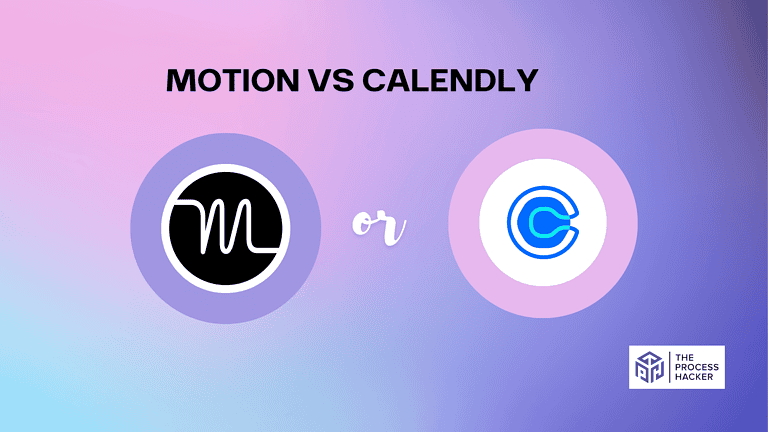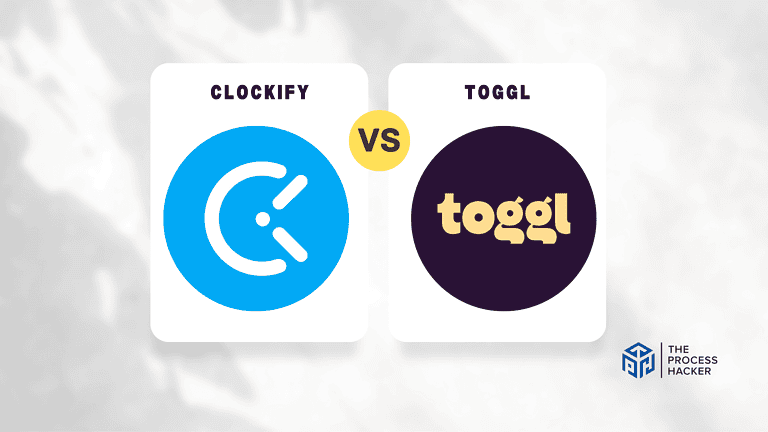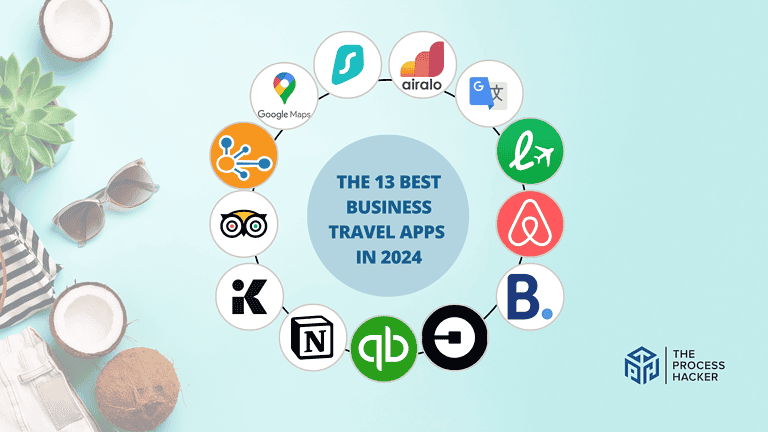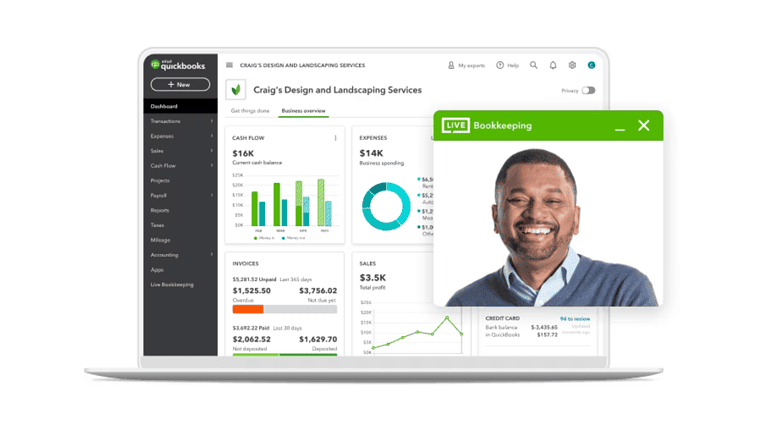How to Address AI Privacy Issues?
Tighter controls are now what Uncle Sam’s focusing on, especially around artificial intelligence. Following an executive nudge from President Biden, this initiative is all about getting those in charge of making AI to do it with integrity at the forefront.
Right now, across those vast Atlantic waters, Europe’s getting ready to shake things up by introducing an ambitious plan known as the AI Act, which aims to set fresh benchmarks for using artificial intelligence continent-wide.
As we march into the future, there’s a worldwide effort underway to tighten our handling of artificial intelligence (AI). Keeping innovation in check with solid morals and protecting what’s private to us is becoming more crucial than ever before.
Now, we will look not so much at privacy concerns as at ways to combat privacy violations.
What Are Ways to Address AI Privacy Issues?
In today’s digital age, AI privacy issues are more prominent than ever, affecting everyone interacting with AI systems. Addressing these concerns effectively requires technological solutions, legal compliance, and ethical considerations. A multi-faceted approach ensures that your data remains secure while allowing you to benefit from the advancements AI technology brings to everyday life.
It’s essential to consider a structured process that includes understanding what data AI systems collect, how it is used, and what controls are available to you. This tutorial will guide you through the steps necessary to safeguard your privacy when using AI technologies.
You will learn how to assess AI services for compliance with privacy laws, utilize privacy settings effectively, and advocate for greater transparency and control over your data.
Let’s explore these strategies in detail to help you maintain control over your personal information in the AI-powered landscape.
#1) Secure Account Management
In the digital age, safeguarding confidential information is imperative for businesses and organizations. To fortify against illicit access, stringent data entry protocols predicated on an individual’s role within the organization and verified user identity is essential.
Effective strategies include:
- Constraining access to sensitive data strictly to authenticated personnel.
- Implementing robust password policies.
- Enforcing advanced security measures like biometric screening or multi-factor authentication.
Such measures are critical to avert nefarious attempts at data pilferage through insecure login attempts. Conversely, these protocols might be less applicable in scenarios that involve legitimate data gathering through public APIs.
#2) Data Encryption

Data encryption is a prerequisite for all companies involved in data collection. If business data storage is encrypted, the data will remain protected even if hacked. Moreover, almost all operating systems support data encryption.
Thus, you should also use software to encrypt data during transmission. It could be a VeePN VPN, which uses 256-bit encryption. It even has double encryption. This protocol is used in the military and banking industries and is virtually unhackable.
#3) Privacy Settings
All modern AI products designed for today’s society should empower you to customize your privacy settings. You must have the option to decide if your data can be collected and used to enhance the service. Best practices also demand transparency—ensuring you can see exactly what data is collected and how it is used. This enables you to conduct your research and make informed decisions based on your privacy preferences.
Here’s a checklist to help you navigate and set your privacy controls effectively:
- Opt-In/Opt-Out Settings: Look for options that allow you to choose whether your data can be used for improvements to the service or other purposes. Opting out should be as easy as opting in.
- Data Access: Check if the AI service provides a feature to view the data it collects about you. Some platforms allow you to download your data for personal review.
- Data Deletion: Ensure there is a straightforward way to request the deletion of your data when you no longer want it to be stored or processed.
- Account Settings: Review your account settings regularly to see if the privacy policy or new privacy controls have changed.
- Transparency Reports: Look for and review transparency reports or sections within the service that explain how your data is being used in detail.
- Security Settings: Adjust security settings to enhance data protection by enabling two-factor authentication, facial recognition systems, and setting strong passwords.
- Communication Preferences: Manage how the service communicates with you about your data and privacy, including alerts on privacy policy updates.
- Permissions for Third-party Integrations: Be cautious about which third-party services you allow to access your data through the AI service. These settings are often configurable.
Following this checklist, you can proactively safeguard your privacy while interacting with AI systems, ensuring a balance between personalized functionality and personal data protection.
#4) Regular Security Updates
Regular updates are crucial to maintaining up-to-date system security, reducing potential vulnerabilities, safeguarding against data breaches, and preventing unwanted access. When gathering data, remember always to get the okay from folks first and clarify things—privacy matters!
It falls squarely on businesses’ shoulders to give people the skinny—simple and direct details about what’s happening with their personal data from collection to its use in AI systems.
#5) Transparent Privacy Policies
In the realm of AI creation, the principle of ‘privacy by design’ stands paramount, ensuring that privacy safeguards are woven into the fabric of a system at every stage of its existence. With the OWASP guide in your corner, embedding vital privacy measures directly into AI development becomes straightforward, offering clear strategies and protocols to follow.
At its core, the Secure AI Framework from Google puts a big focus on making sure their AI structures are super secure. It’s all about protecting your personal information here – from guarding its secrecy to ensuring you can get to it whenever needed.
Believe it or not, the secret weapon against privacy concerns has always been straightforwardness. Users should be able to set data anonymization and understand why this data is needed.
#6) Dedicated Security Team
Software vulnerabilities are a fact of life, especially with newer technologies like AI. A dedicated security team is essential for minimizing the damage if a breach does occur. Their rapid response and constant ongoing monitoring significantly improve your protection.
What to Look for in a Dedicated Security Team
- Diverse Expertise: Your team needs many skills, including vulnerability testing, intrusion detection, incident response, and threat analysis.
- Proactive Approach: The best teams don’t merely react to threats. They actively search for potential weaknesses and develop strategies to prevent attacks before they happen.
- Clear Communication: Strong communication skills are vital. The team should be able to clearly explain threats and solutions to both technical and non-technical staff.
- Company Culture Fit: Security is everyone’s responsibility. Your dedicated team should be able to effectively train employees and foster a security-conscious mindset across the entire organization.
Building a solid in-house security team can be resource-intensive. If that’s not feasible for your organization, consider partnering with a reputable cybersecurity firm that can provide these specialized services.
#7) User Education
It will be possible to defeat algorithmic biases, but it won’t happen tomorrow. Ethical AI system development practices are gaining momentum and will become more visible over time, but simply waiting for it is not the best choice.
While we wait for reliable bias detection algorithms, public awareness should be improved. This concerns increasing society’s digital literacy and introducing people to emerging technologies.
#8) Compliance with Data Protection Regulations
The importance of privacy cannot be understated, as it lies at the core of consumer trust and business integrity. It’s imperative for companies to rigorously adhere to data privacy laws and frameworks, such as the General Data Protection Regulation (GDPR) and the California Consumer Privacy Act (CCPA). Compliance with such regulations is the baseline from which companies can build a robust privacy-centric approach.
For a business to flourish in our digital age, it must aim higher than just ticking off compliance boxes. Making sure your personal information is locked down tight is super important – it’s all about keeping private stuff just that, private. By taking steps now to secure their information, businesses do more than shine up their public face—they seriously bulk up defenses to ward off cyber sneaks and attacks.
What Is AI Privacy?
AI privacy concerns the handling, storing, and disseminating personal data collected by or used in artificial intelligence systems. This includes ensuring that sensitive information is protected from unauthorized access and misuse and that AI adheres to ethical standards and legal regulations.
Privacy issues with AI are often linked to the vast amounts of data these systems require to learn and make decisions. Ensuring this data doesn’t infringe on individual privacy rights or relevant data privacy laws poses a significant challenge. Maintaining transparency about how AI systems operate and the types of data they process is crucial, as this fosters trust and accountability.
Rigorous data protection measures, robust oversight mechanisms, and continuous updates to legal frameworks are required to address these privacy concerns effectively. Educating the public on AI technologies is essential, enhancing their understanding of potential risks and empowering them to make informed decisions regarding their data.
How Can AI Privacy Benefit You
When AI privacy is prioritized, your personal data is handled with the utmost care, ensuring it remains secure against unauthorized access and breaches. This commitment to privacy means you can confidently engage with AI technologies, knowing your information is protected.
Furthermore, robust AI privacy measures enhance your control over your personal data. You’re better equipped to understand how your information is used and can make informed decisions about what you share. This level of transparency fosters a deeper trust in AI applications, making them more integrated and beneficial in your daily life.
Overall, prioritizing AI privacy not only shields your personal information but also supports the development of AI technologies that are ethical and aligned with your values. This approach ensures that innovations in AI contribute positively to society, enhancing your interaction with technology in a secure and trustworthy manner.
Final Thoughts on AI Privacy Issues
In conclusion, AI technology has undoubtedly revolutionized our lives and continues to do so at an incredible pace. However, with such rapid advancements come crucial concerns about privacy violations.
As we have discussed, these incidents are all too common during the development of AI. But fear not, progress can be made through collaborative efforts within the industry, ethical design practices, and increased public awareness programs.
We must acknowledge and address the issue of AI privacy before it spirals out of control. It is up to us to demand accountability and transparency from those creating and implementing AI systems.
Let this be a call to action for all of us – to educate ourselves, engage in dialogue, and hold those responsible for AI development accountable for their actions. Together, we can bring about positive change and ensure that the ethical use of AI is a top priority in our society.
So let’s keep pushing for continued progress towards a future where technology coexists harmoniously with our right to privacy. Thank you for joining me on this journey towards better understanding the complex world of AI and its implications on our lives.
Now is the time to act – let’s address AI privacy together!
FAQs About AI Privacy Issues
What kind of big data does AI collect, and how is it used?
AI systems collect data that include user inputs, conversation histories, and responses.
This data is primarily used to train and improve AI performance. Platforms like ChatGPT use it to enhance their natural language processing capabilities.
It’s important to note that responsible AI operators often anonymize and aggregate this data to minimize privacy risks and comply with data privacy laws.
Can my conversations with AI be used for training without my consent?
The use of conversation data for AI training varies by service. For example, some platforms might use your data to improve AI performance.
In contrast, others might not use your data for model improvement to ensure privacy, particularly in business or enterprise settings. It’s essential to understand the privacy policy of the service you are using.
What are the main privacy concerns with generative AI?
Generative AI can process personal data and generate new information based on learned patterns, which raises significant privacy concerns.
For instance, if sensitive data like medical records or financial information are part of the training set, there is a risk of unintentionally generating and exposing sensitive information.
Ensuring that training data does not contain sensitive personal information is crucial to mitigating these risks.
How are AI privacy issues being regulated?
Privacy regulations, such as the General Data Protection Regulation (GDPR) in Europe, provide guidelines for handling personal data in AI applications.
These regulations require organizations to implement measures that ensure data security, confidentiality, and appropriate usage. AI developers and users need to comply with these laws to protect user data and personal information from unauthorized access and breaches.
What can I do if I’m concerned about my privacy with AI technologies?
If you’re concerned about how AI systems use your data, you have several options. Firstly, check if the AI service allows you to opt out of data collection or delete your data.
You can also look for services that provide clear privacy disclosures and require active consent for data collection.
Finally, staying informed about the AI’s privacy policy and the applicable data protection laws will help you make better decisions about your data.







